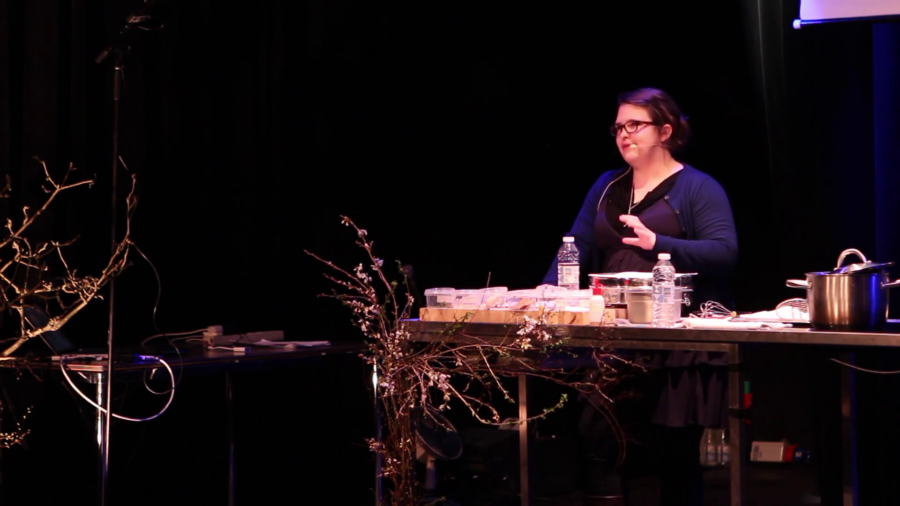My job is to work with cooks to figure out the science behind food and cooking. But something that we’re also interested in with my job is using the knowledge that we produce by doing that to improve the world.
Archive (Page 1 of 2)
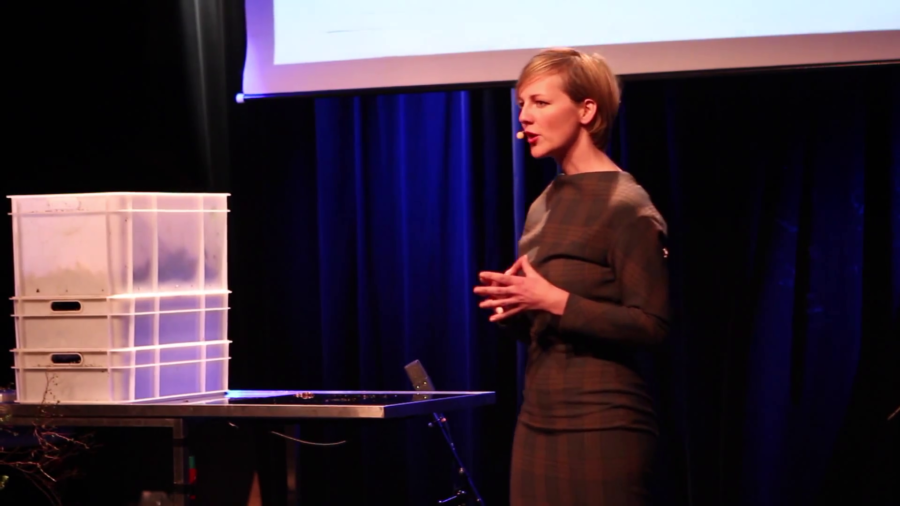
What I want to tell you is that in 2050 we don’t even have waste anymore. There will be no waste in 2050. Everything will be seen as a treasure, because we will have created what some smart people call a circular economy.
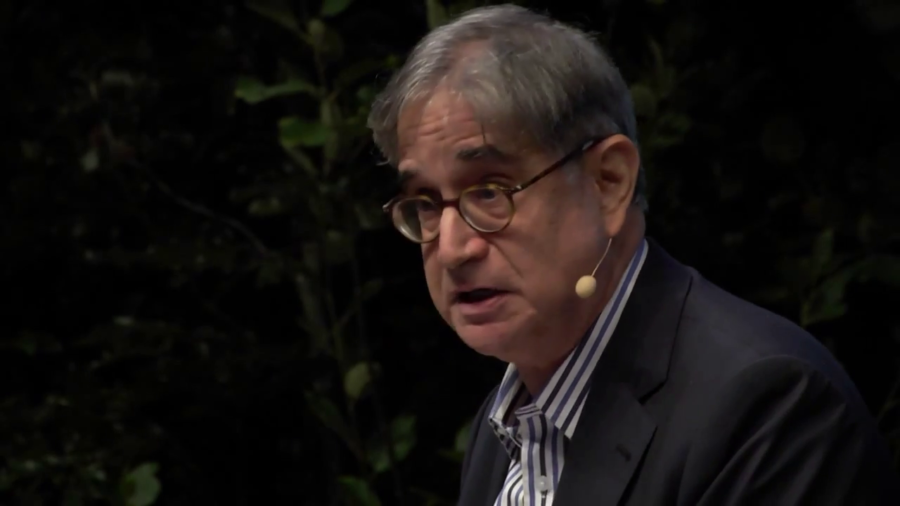
There’ve always been celebrity chefs whose skill and creativity made them famous. But the passage of time usually means we know little more about them than their names. From ancient Greece and Rome there’s only one cookbook that survives in full, that attributed to the Roman cook Apicius, which dates actually from the end of the Roman Empire.
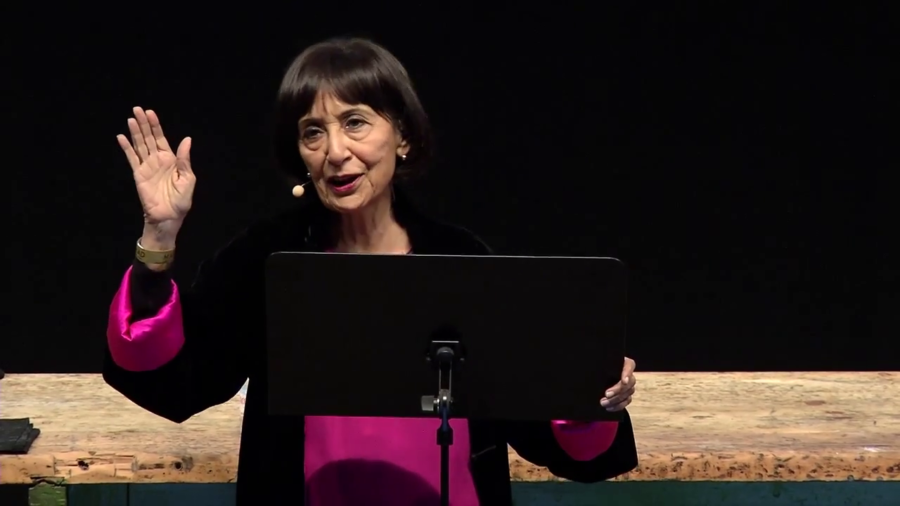
What is cooking? We are all born into certain cultures. And the culture is like a mother. We run away, we experiment. We are modern people, we try and find new things, we want to find the best lobster, the best crayfish. We want to cook it in amazing ways with something we’ve just foraged from the forest.
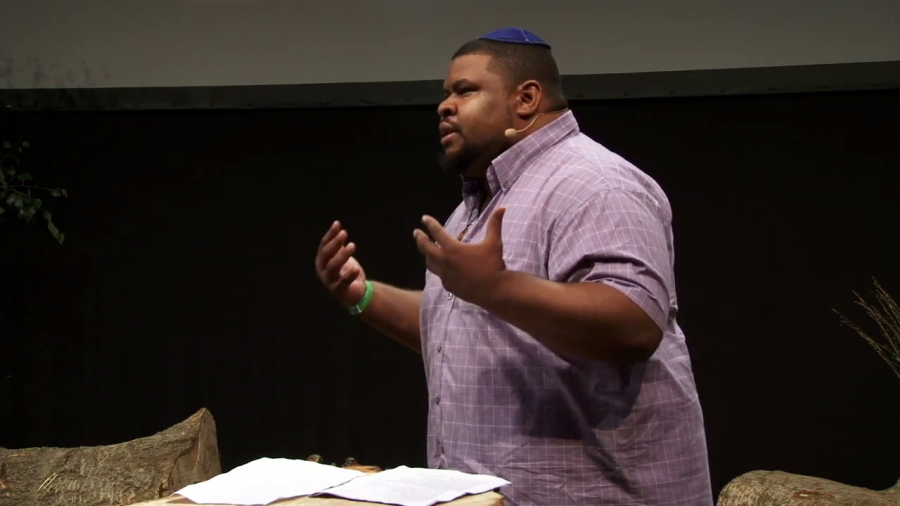
My job is to integrate the brands of exclusion creating a world of southern American food, by reintroducing people to the African ancestors of American cooking, and by extension restoring respect and dignity for what they gave.
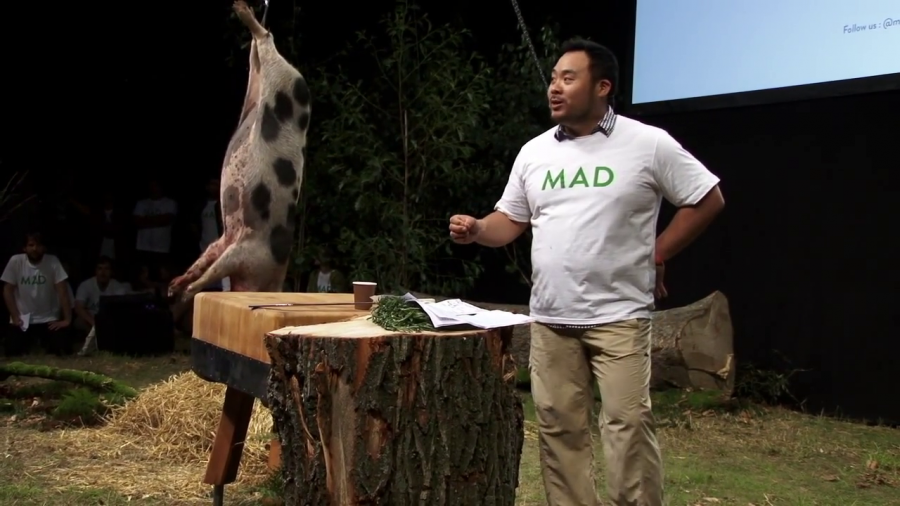
Why did we pick the theme? It seems that when I’m with René or other chefs, younger cooks come up to us and they always ask, “How did you do it?” Or, “Why did you become successful?” Besides it being a team effort, I think it all starts with the seed, a plant of an idea, you know, planting an idea.
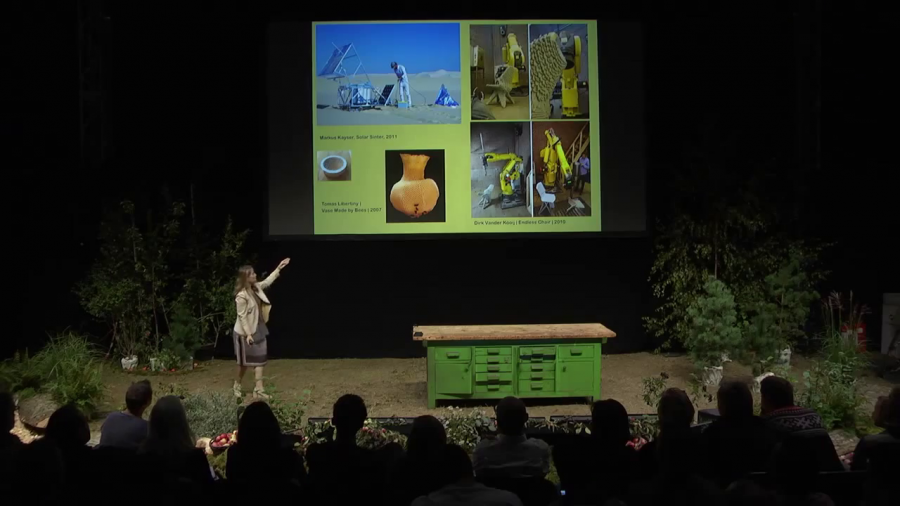
I’m here today to talk to you about food and design. About what’s cooking in design, and what’s designing in food. But most of all I’m here to recommend to you never to let designers decide what you will eat.
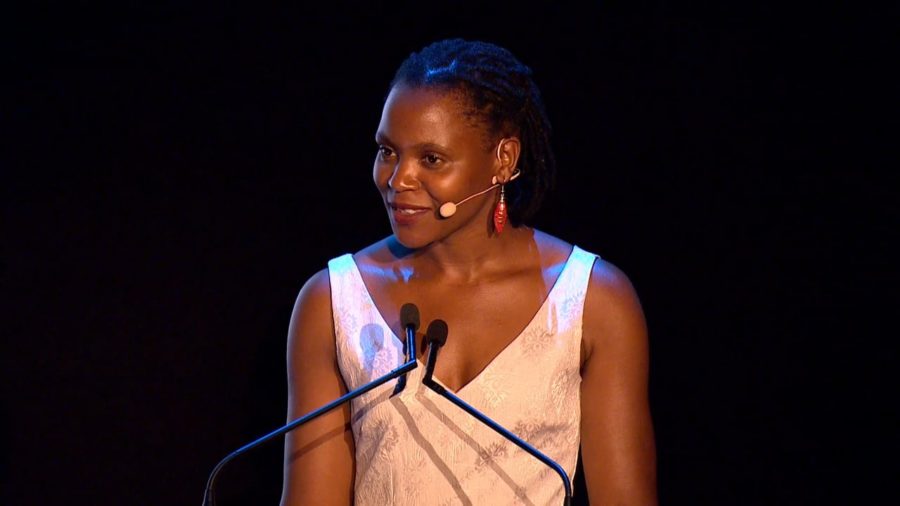
What comes to mind at the thought of tomorrow’s meal is that tomorrow’s meal has to be a key that unlocks the potential of everybody. Young children who are going without food in Africa. Young women who are suffering in different ways because of lack of food, because of lack of opportunity. Tomorrow’s meal has to be that key that unlocks that. Tomorrow’s meal has to be a driver of socioeconomic development. Tomorrow’s meal has to be a peacemaker that unifies us all.
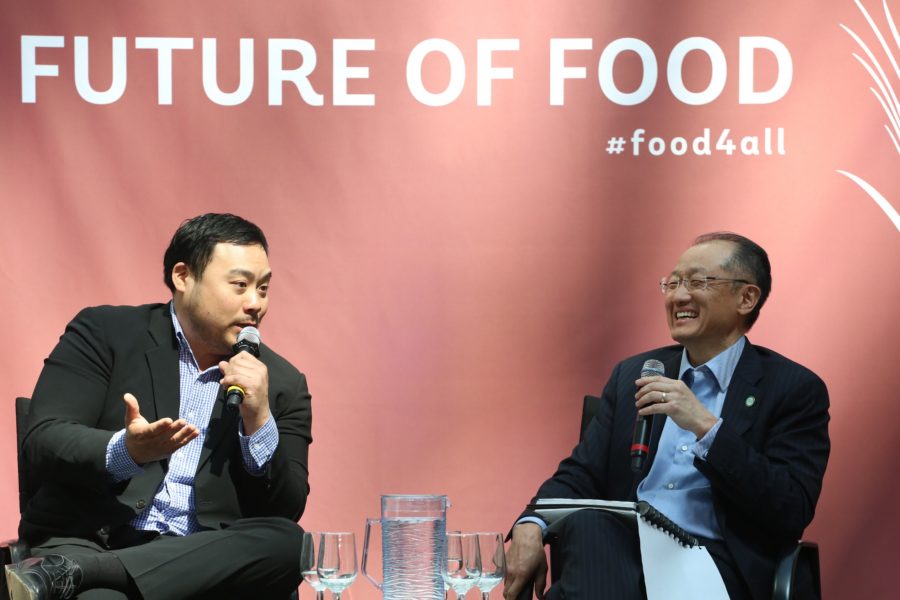
I think we need to take a look at what we find to taste good. And I think a lot of people throw away food. As Juergen mentioned, we throw away 1.3 billion tons of food a year. That’s a third of the food that is produced. Which is just probably the easiest way to reducing hunger in the world. Being more resourceful, much more frugal about it.
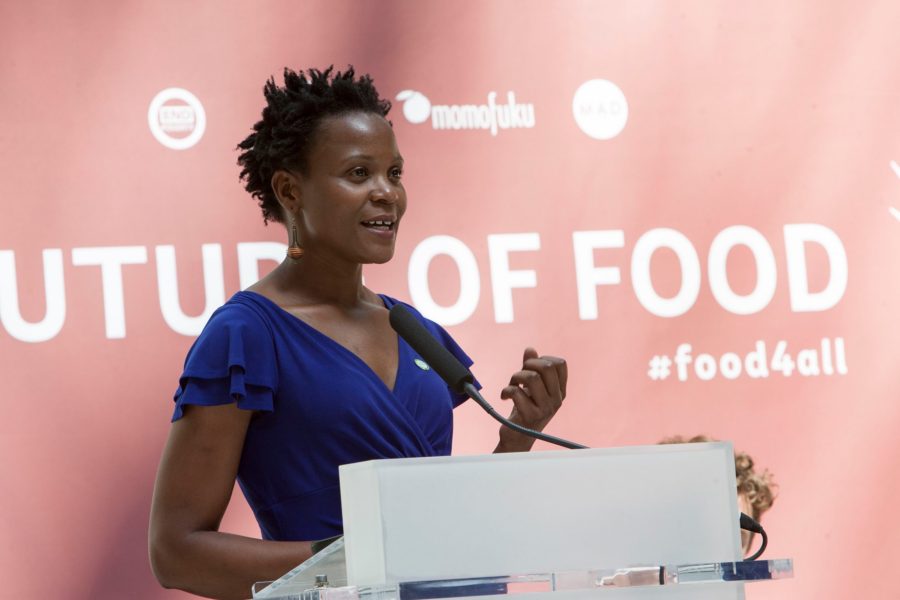
When I learned to farm mushrooms, I discovered to grow mushrooms you use agricultural waste that is available to all the poor families in any any place we can say this is a struggling country. As long as they practice some form of agriculture, they will have this kind of waste material.

